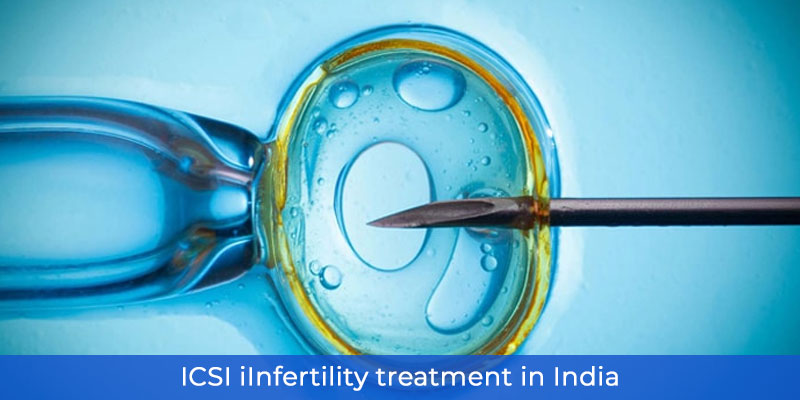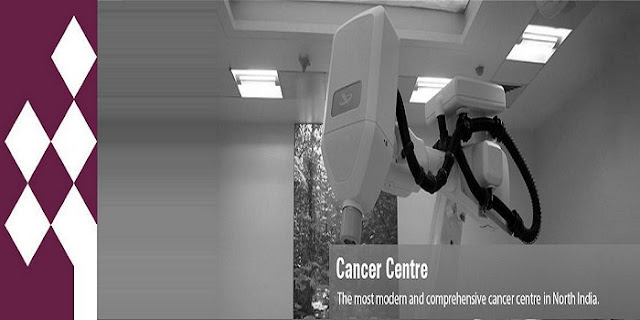ICSI Infertility Treatment in India: Busting Some Common Myths
Affecting nearly 14% of the couples in India, infertility is a problem that has prevailed since ages. Over the years there has been considerable development in the field of medicine & technology and this led to the advent of highly effective assisted reproductive techniques like in vitro fertilization (IVF). Over the years, ICSI has proved to be a boon for hundreds and thousands of couples. However, there are many more who can be benefitted by the procedure, provided we spread awareness and educate people about the benefits of the procedure and bust the various myths associated with it.
Let’s start with understanding what ICSI actually means?
Intracytoplasmic sperm injection or ICSI is the most popular in vitro fertilization technique in which the sperm is directly injected inside the cytoplasm of the ovum. The procedure is highly recommended to couples experiencing male fertility issues. Normally the sperm pierces through the wall of the cytoplasm and enters it, for the fertilization to take place, however, in some cases, the sperm is not healthy enough and hence is unable to penetrate through the outer cell wall. In such cases, your sperm is a little assistance to be able to fertilize the egg. This is where ICSI comes in handy. Best doctors in Delhi suggest that the procedure can be performed along with in vitro fertilization, in order to fertilize the eggs and increase the success rate of the procedure.
Major indications of intracytoplasmic sperm injection include:
· Inability of the male partner to produce enough sperm
· Poor motility of the sperm
· Inability of the sperm to attach to the egg
· Severe blockage in the reproductive tract of the male partner that prevents the sperm from coming out
· Inability to conceive with the help of traditional in vitro fertilization
· Use of frozen eggs
Busting some common ICSI myths with the help of the experts specializing in IVF treatment in Delhi:
Myth 1 – ICSI is a solution for all infertility problems
This is completely false. No doubt ICSI is a highly effective procedure, it can be used to address some specific infertility issues and especially those experienced by men. You cannot simply commit to the procedure without proper assessment and evaluation. Also, the procedure does not guarantee a baby. The procedure helps to significantly increase the chances of conception but it might not work for everyone. In such cases, it is important to analyse what went wrong and rectify it in the second try.
Myth 2 - ICSI only addresses male infertility issues
Doctors specializing in IVF treatment in Delhi suggest that the procedure can be used to address both male as well as female fertility issues. ICSI is used in cases where the sperm is not able to penetrate the ovum. This may be due to the poor quality of the sperm or its inability to reach the ovum in the 1st place. This can even be due to obstruction in the female reproductive tract, that prevents the sperm from moving freely.
Myth 3 – The age of the male partner does not matter
This again is false. Men, unlike women, do not have a fixed sperm reserve and remain fertile throughout their life, however, it is pertinent to understand that the quality of the sperm lowers with advancing age. The best quality sperm is usually produced up to the age of 35 and this time gap is considered to be the peak reproductive age.
Myth 4 –ICSI babies are at a higher risk of developing serious health issues.
This is completely a myth. ICSI, or any other assisted reproductive technique, does not interfere with the genetic composition of the egg or sperm. The procedure just makes it easier for the later to fertilize the former. What follows, is similar to that we experience in natural conception. The babies, so produced, are completely normal.




Thank you for posting this awesome blog post, with tons of information. Kudos. For more info visit the website Heartbeats IVF
ReplyDelete